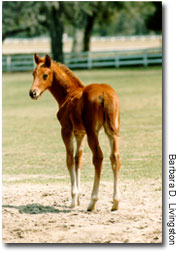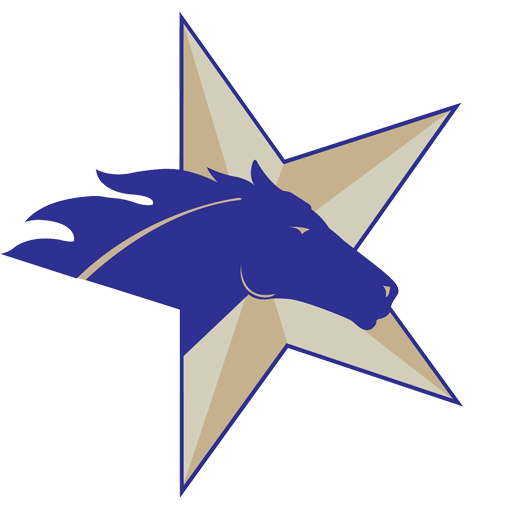 What is the Accredited Texas-Bred Program?
What is the Accredited Texas-Bred Program?
The Accredited Texas-Bred (ATB) Program was enacted by the Texas Racing Act in 1986 to encourage the breeding and ownership of Thoroughbred horses in Texas. Administered by the Texas Thoroughbred Association (formerly the Texas Thoroughbred Breeders Association), the ATB Program is an incentive program that pays owner, breeder and stallion owner awards to those who participate in the breeding and racing of Thoroughbreds in Texas. Awards are paid for accredited Texas-bred Thoroughbreds who finish in the top three in any race in Texas.
The Lone Star State has a long and rich heritage of Thoroughbred racing (1946 Triple Crown winner Assault was a Texas-bred), and the ATB program seeks to extend that legacy. The ATB Program is funded by 1% of all multiple (i.e., exotic) wagers at each Texas track, as well as breakage.
What is an Accredited Texas-bred?
In simple terms, a Texas-bred can be any Thoroughbred who was foaled (born) in the state of Texas. However, every Texas-bred is not an Accredited Texas-bred. To be an Accredited Texas-bred and be eligible to participate in the ATB program, a horse must be (a) foaled in Texas, (b) out of an accredited Texas mare who is permanently domiciled in Texas, (c) registered with The Jockey Club and (d) accredited with the Texas Thoroughbred Association. Only accredited Texas-bred horses are eligible for owner, breeder and stallion awards, which are paid at the conclusion of every Thoroughbred meet held at Texas racetracks.
A foal by a non-accredited stallion whose dam is not next-bred to an accredited Texas stallion can still become an accredited Texas-bred but will only be be eligible for 50% of the allotted breeder awards.
Click here for the rules and fees covering the ATB program.
What is the Texas Stallion Stakes Series?
The TSSS comprises six stakes races at Texas tracks for progeny of Texas stallions. There are a total of six races in the series with three races for colts/geldings and three races for fillies. There is a purse of $75,000 per division, per race, ($450,000 total for each crop), and there are races for both 2-year-olds and 3-year-olds. Purse money for the TSSS is generated from nomination fees.
To participate in the TSSS, a foal must be sired by an eligible Texas stallion (one whose owner has paid the nomination fee to be in the program). Each foal must also be nominated to the program. Although a horse does not have to be a Texas-bred to be nominated to the TSSS, most are. The benefits of the TSSS are many fold – it encourages stallion owners to stand their stallions in Texas and entices breeders to look for stallions who are nominated to the program. It also makes TSSS-nominated horses more valuable at auction and for private sales. Plus the TSSS gives nominated horses additional chances to earn purse money and gives stallions extra chances to enhance their progeny records.
Click here for nomination forms and more information.
How much is available through the ATB program?
In 2022, almost $1.75 million was paid out to eligible owners, breeders and stallion owners.. Although that’s a great incentive to race and breed in Texas, many surrounding states are able to offer more lucrative programs because of revenue generated from gaming at racetracks. The ATB Program for Thoroughbreds was implemented in 1989 and offered approximately $11,000 in awards during the first year. The incentive program has enjoyed tremendous growth since its inception.
How does the ATB program help all Texans?
By promoting racing and breeding in the state of Texas, the ATB program has a direct impact on the agricultural economy in the state. According to a report from the Texas Agriculture Commissioner, every dollar in purse money at a Texas track is turned over seven times. So that means for every $1 million in purse money, $7 million cycles through the Texas economy by way of veterinarians, farriers, feed stores, hay supplies, truck dealers, barn construction and more.
For more information about the Accredited Texas-Bred Program, contact the TTA office at (512) 458-6133.

